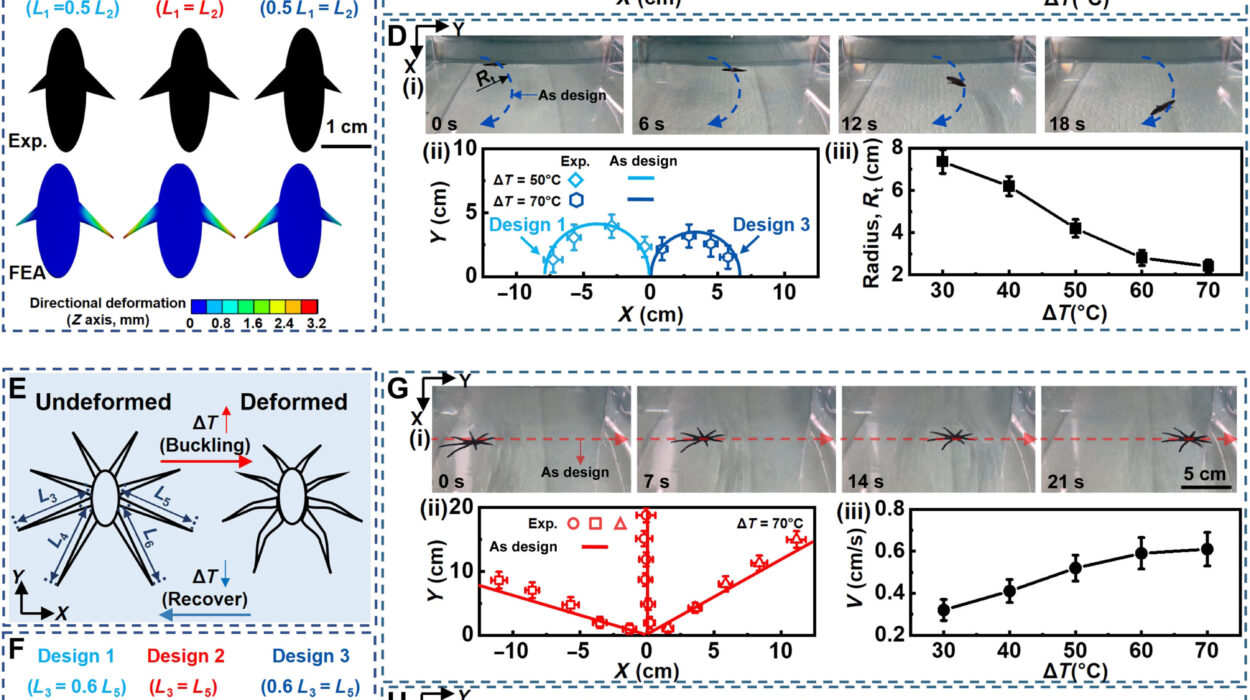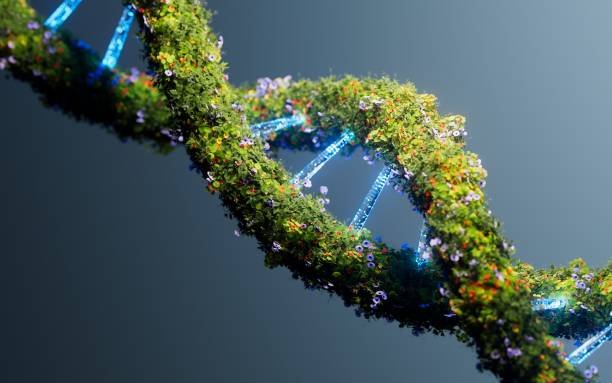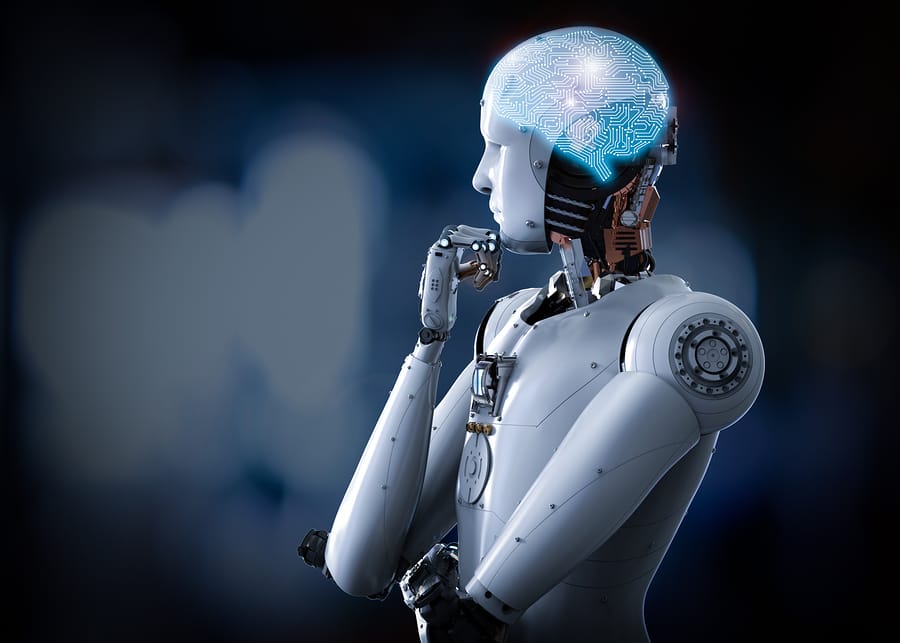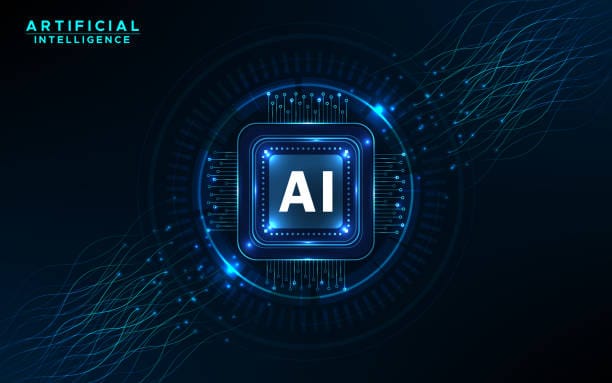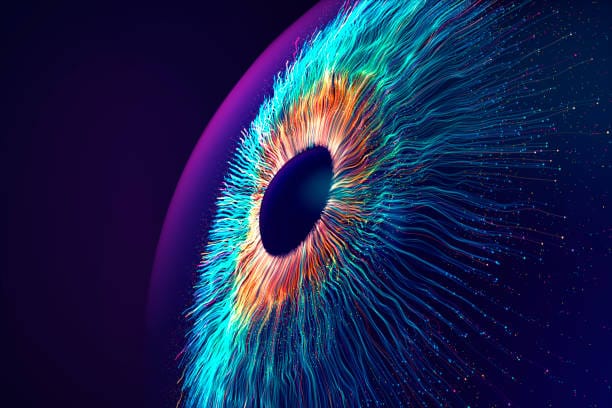In the final decades of the twenty-first century’s first act, the world fell under the spell of something that seemed almost magical: artificial intelligence. AI swept across every human domain—medicine, finance, warfare, art—and left nothing untouched. Algorithms learned to recognize faces, compose symphonies, diagnose cancers more accurately than seasoned doctors, and recommend what we should read, watch, buy, and think. It was a revolution that began quietly in academic labs and exploded into the public imagination with breakthroughs like ChatGPT and AlphaFold. AI wasn’t merely a tool. It felt, in some uncanny sense, like an alien intelligence we had coaxed into existence.
And yet, if history teaches us anything, it’s that no revolution remains unchallenged forever. For every transformative technology—steam power, electricity, the internet—another has eventually risen to overshadow it, to swallow its promise and reorient the very trajectory of civilization. We stand, now, blinking in the brilliant light of AI’s golden hour. But in the shadows beyond that glow, something else is already taking shape.
What comes next? What technological upheaval will redefine how we live, learn, heal, fight, and dream? This is not a question for idle speculation. The stakes are planetary. Because every technological revolution rewrites the balance of power, reshapes economies, reconfigures our identities. We must begin imagining that future now—while we still have the time to shape it rather than merely react to it.
This is the story of that search. A journey into the frontier beyond artificial intelligence—a quest to predict the next big tech revolution that will succeed, or perhaps subsume, the Age of Algorithms.
The Pattern Beneath Progress
To glimpse what is coming, we must first understand how revolutions unfurl. Technological change is rarely linear; it arrives in waves, each cresting higher than the last, each depositing new tools, ideas, and dangers on our collective shores.
In the early 1700s, the Industrial Revolution erupted when humans discovered how to unshackle energy from muscle. Steam engines, textile mills, and railroads were not simply inventions; they were accelerants of social reordering. Entire classes—craftsmen, rural farmers—found themselves displaced as machines multiplied productivity and profits.
Then came electricity, unlocking a second revolution of illumination and automation. The internal combustion engine and telephony turned a previously fragmented world into a humming network of commerce and communication.
The third revolution—computing—began as tabulators and punched cards. It culminated in microprocessors and the rise of the internet, which dissolved the old constraints of distance and time. This digital infrastructure birthed globalization, remade industries, and laid the foundation for the AI surge that now defines our era.
But here is the essential pattern: each revolution emerges at the confluence of new energy regimes, new information systems, and new materials. Steam and coal. Electricity and oil. Silicon and transistors. Each epoch didn’t merely upgrade the old—it reimagined what it meant to be human.
We are now living in what some call the Fourth Industrial Revolution: AI, robotics, synthetic biology, quantum computing. But even as we marvel at algorithms that learn and adapt, there is a gathering sense that AI is only the prelude. To understand the next revolution, we must look beyond faster computers or smarter software. We must ask: what new energy sources, what new substrates, what new paradigms of information could redefine our civilization?
The Quantum Horizon
One candidate that has captivated physicists and technologists alike is quantum technology. For decades, quantum mechanics has existed as an almost mystical domain—familiar in theory, stubbornly elusive in application. But that is changing. Companies from IBM to Google have demonstrated working quantum processors. Governments are pouring billions into research. And as these machines grow from tens of qubits to hundreds, then thousands, we edge closer to a threshold as momentous as the birth of the transistor.
Unlike classical computers, which process bits that are either zero or one, quantum computers manipulate qubits—units of information that exist in superpositions, both zero and one simultaneously. They also exhibit entanglement, a property Einstein once derided as “spooky action at a distance,” whereby particles share a linked state across space.
This esoteric physics translates into an unprecedented computational advantage. Certain problems—molecular modeling, cryptographic codebreaking, optimization—scale exponentially in classical computing but could be solved in moments by quantum machines. For example, simulating the behavior of proteins and enzymes, which underpins drug discovery, is computationally intractable today. Quantum computers could unlock cures for diseases we barely understand.
Quantum sensing, too, promises a revolution in measurement—detecting gravitational waves, mapping underground resources, or tracking brain activity with previously impossible precision. And quantum communication, leveraging entanglement, could one day enable unhackable networks, reshaping cybersecurity.
Yet it is crucial to temper the hype with realism. Quantum error correction remains a formidable obstacle. Scaling qubits without losing coherence is a delicate engineering dance. But progress is undeniable. The once-theoretical field is inching toward practicality, and when the first commercially viable quantum platforms emerge, they will not merely enhance AI—they will birth entirely new domains of knowledge and power.
If the AI revolution was about mastering language and perception, the quantum revolution will be about mastering reality itself, at the most fundamental scale.
Biology Becomes Technology
While quantum computing promises computational supremacy, another force is gathering momentum in a place both more familiar and more intimate: our own cells. The convergence of genomics, CRISPR gene editing, and synthetic biology heralds a new epoch in which life becomes programmable.
Just two decades ago, sequencing a human genome cost hundreds of millions of dollars and required years of labor. Today, it costs less than a thousand dollars and takes a few hours. That plummeting cost curve mirrors the exponential growth that defined the microchip revolution. The genetic code—the operating system of life—is now readable at scale.
CRISPR has added a crucial dimension: writability. With molecular scissors, scientists can cut, paste, and rewrite genetic instructions with previously unimaginable precision. Gene therapies are curing congenital blindness and sickle-cell anemia. Bioengineers are designing microbes to produce everything from insulin to industrial chemicals. Synthetic biologists are even creating semi-artificial cells that could one day evolve on their own.
This isn’t just incremental improvement in healthcare. It’s the dawn of a biotechnological revolution that could upend agriculture, medicine, and manufacturing. Imagine a future where instead of mining for rare minerals, we grow them in vats of engineered bacteria. Where pandemics are preempted by AI-designed vaccines, synthesized overnight. Where aging itself is reprogrammed, not simply endured.
Yet with this power comes profound ethical peril. Editing the germline—altering the DNA passed to future generations—could deepen inequality, creating genetic castes. Biohacking could lead to engineered pathogens. And the question of what it means to be human—already frayed by AI—will be tested again by our ability to rewrite ourselves.
If AI was the revolution of the mind, synthetic biology is the revolution of the body. Its implications will ripple through every culture and faith, forcing us to grapple with a truth both exhilarating and terrifying: we are becoming the authors of our own evolution.
The Materials That Build Tomorrow
While the headlines of tomorrow often focus on the intangible—algorithms, genes, qubits—one of the most overlooked frontiers is the world of advanced materials. Every technological leap in history has rested on breakthroughs in what we can build with.
Graphene, a one-atom-thick lattice of carbon, is 200 times stronger than steel and conducts electricity better than copper. New forms of metamaterials can bend light in bizarre ways, creating the possibility of cloaking devices. Self-healing materials could make bridges, buildings, and spacecraft that repair their own damage. Solid-state batteries promise orders-of-magnitude improvements in energy storage.
Consider energy alone: solar cells made from perovskite materials could be printed like newspapers, reducing costs to pennies per watt. Fusion reactors, once a science fiction dream, are inching closer to net-positive output thanks in part to new superconducting magnets. Energy is the lifeblood of civilization, and materials science is quietly reengineering how we capture, store, and use it.
As our materials toolbox expands, so too does the palette of possibilities. Tiny nanoscale robots could assemble products atom by atom. New alloys could create hypersonic aircraft. Programmable matter could morph shape on command, blurring the line between tool and organism.
AI may help design these materials—machine learning is already accelerating the discovery of new compounds—but it is the materials themselves that will unlock physical transformations as profound as any algorithm.
Virtual Worlds, Real Consequences
Perhaps the most seductive—and controversial—candidate for the next revolution is the merging of digital and physical realities. The metaverse, once an overhyped buzzword, is evolving into something more coherent as augmented reality (AR) and virtual reality (VR) technologies mature.
Today, strapping on a VR headset still feels awkward and isolating. But as displays grow lighter, bandwidth expands, and AI-driven rendering becomes seamless, immersive worlds will become indistinguishable from the real. When the visual fidelity and haptic feedback reach the threshold of “presence,” entire economies, education systems, and cultures could migrate into shared virtual spaces.
Consider a surgeon in São Paulo operating remotely on a patient in Nairobi via robotic arms and real-time holography. Or a classroom where students from every continent gather in an ancient Egyptian temple recreated in stunning detail. Or virtual marketplaces where people buy and sell digital goods—fashion, real estate, art—with real economic value.
The question is not whether these spaces will exist, but whether they will liberate or entrap us. The same algorithms that addict us to social media will govern the metaverse. Surveillance capitalism could deepen, tracking not just our clicks but our micro-expressions, our gestures, our very sense of self.
The virtual revolution will not replace AI; it will feed on it. But it will mark a new era in which the boundaries between atoms and bits dissolve entirely.
The Ethical Reckoning
Each of these frontiers—quantum, synthetic biology, advanced materials, immersive virtuality—carries immense promise. But they also summon a cascade of ethical questions that we have only begun to consider.
Who owns the genome of a species? Should we edit embryos to eliminate disease—or to enhance intelligence? What happens when quantum decryption shatters all existing cryptographic systems? Will advanced materials and automation further concentrate wealth in the hands of the few?
If the AI revolution taught us anything, it is that technological acceleration outpaces our cultural adaptation. We build new powers faster than we build new wisdom. The challenge ahead is not merely technical—it is moral, political, spiritual. For each coming revolution, we will need new frameworks of accountability and governance.
We will need to answer not only “Can we?” but “Should we?”
The Convergence
While it is tempting to imagine the next big revolution as a single monolithic breakthrough—“the age of quantum,” “the age of synthetic biology”—the reality is more complex. The most profound transformations often arise when multiple frontiers converge.
Consider a scenario a decade or two from now: quantum computers design new materials for more efficient solar cells. AI models optimize manufacturing. Synthetic biology grows components at the molecular level. These solar cells power decentralized energy grids managed by blockchain ledgers. VR and AR interfaces overlay this infrastructure with real-time data. The distinction between “physical” and “digital” becomes irrelevant.
It is this convergence of technologies—each amplifying the others—that may ultimately define the true revolution after AI. Like tributaries feeding a rising river, these fields are already flowing together, forming an unstoppable current.
A World Remade
When we look back from the vantage of 2050, the early 2020s will not appear as the final chapter of technological progress. They will look like the end of the beginning. If the last century taught us to marvel at the power of code and computation, the next century will teach us to reckon with the even deeper forces we are unleashing.
We will edit life itself, engineer materials with properties nature never evolved, compute in realms where cause and effect blur, and inhabit worlds of pure imagination. We will discover that the most powerful technologies are not those that merely extend our capabilities, but those that redefine our identity.
This is the next big revolution: not AI alone, but the emergence of a civilization where intelligence, matter, energy, and consciousness interpenetrate.
Hope in the Face of the Unknown
The coming decades will not be an unbroken ascent. Every revolution has costs. There will be failures—catastrophic failures. There will be new monopolies and new empires. There will be profound disruptions to jobs, social norms, and geopolitical balances. Entire belief systems may fracture.
And yet, the same is true of every transformational era. When steam power arrived, it destroyed the livelihoods of entire classes—and created whole new forms of wealth and possibility. When electricity spread, it brought factories and neon skylines, but also pollution and exploitation. When digital networks connected the globe, they democratized knowledge—and opened new avenues for surveillance and manipulation.
This is the paradox at the heart of progress: no revolution is purely good or purely evil. It is up to us—the citizens, the builders, the dreamers—to shape how the next wave unfolds.
The Final Question
If there is a single question that must guide us as we look beyond AI, it is this:
What kind of world do we want to build?
Will we use quantum computing to cure diseases—or to hoard power? Will we wield synthetic biology to end hunger—or to create genetic hierarchies? Will we let immersive virtual worlds become an escape from reality—or a platform for deeper connection? Will we invest in technologies that heal the planet—or extract from it until nothing remains?
The next big tech revolution is coming. Its contours are still being sketched in labs and startups, in government budgets and secret research facilities. But its impact will be as vast—and as unpredictable—as the revolutions that came before.
To meet that future with wisdom, we must do more than predict it. We must participate in it. We must insist that progress serve the dignity of every person, not merely the ambitions of the powerful. We must learn, finally, to build technologies that extend not just our capacities—but our humanity.
That is the revolution worth fighting for.

